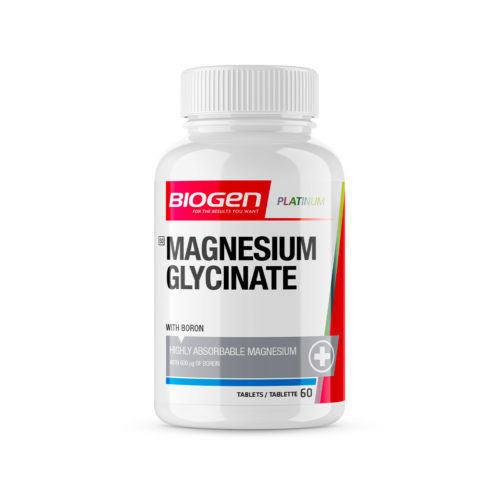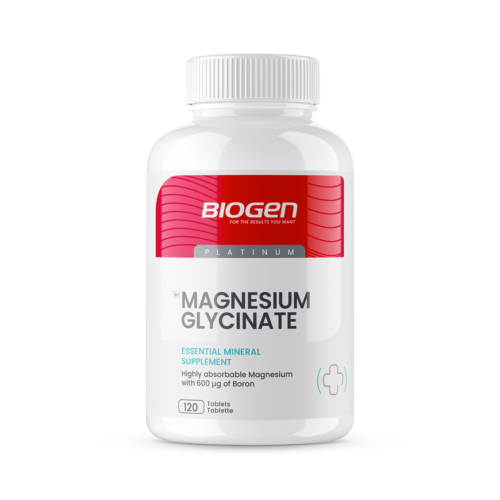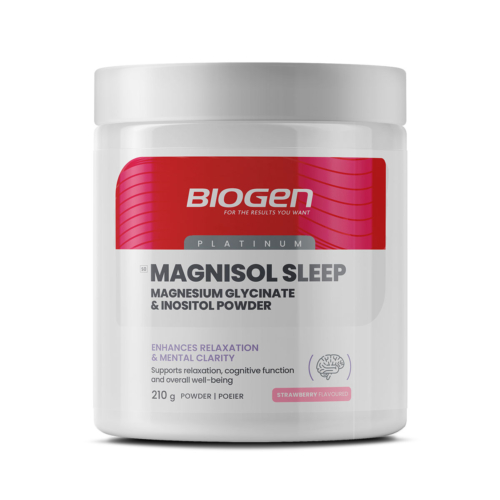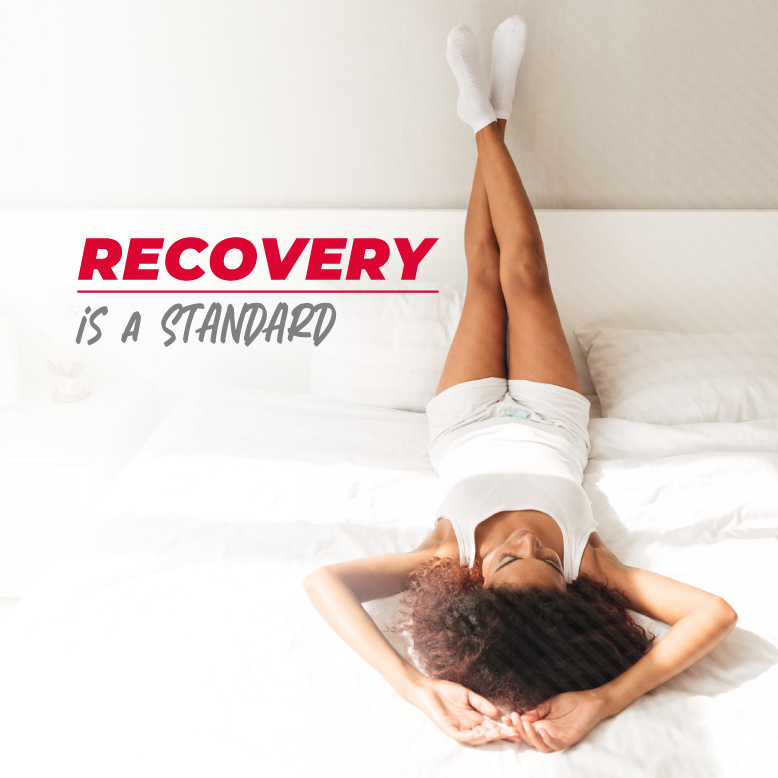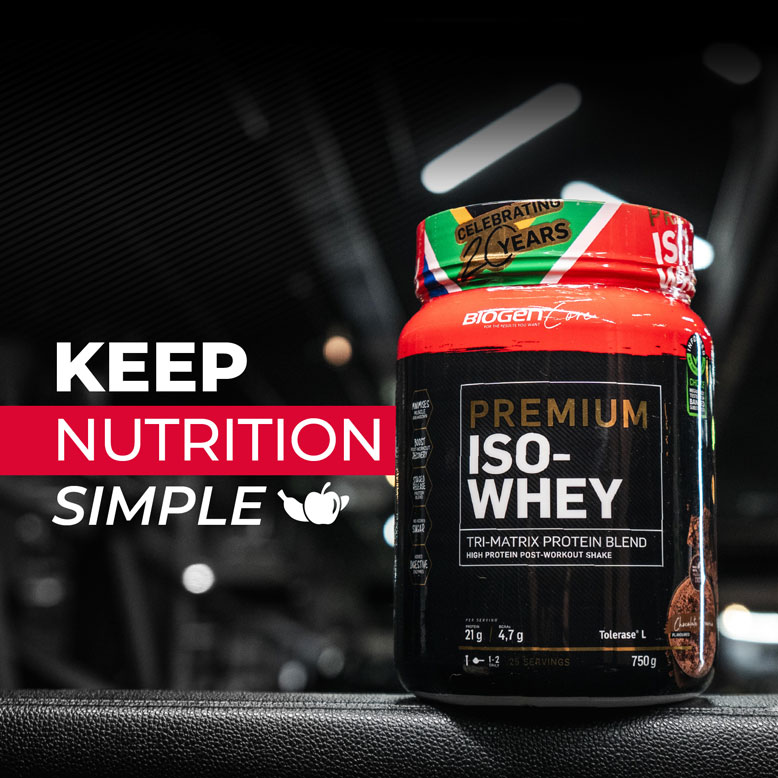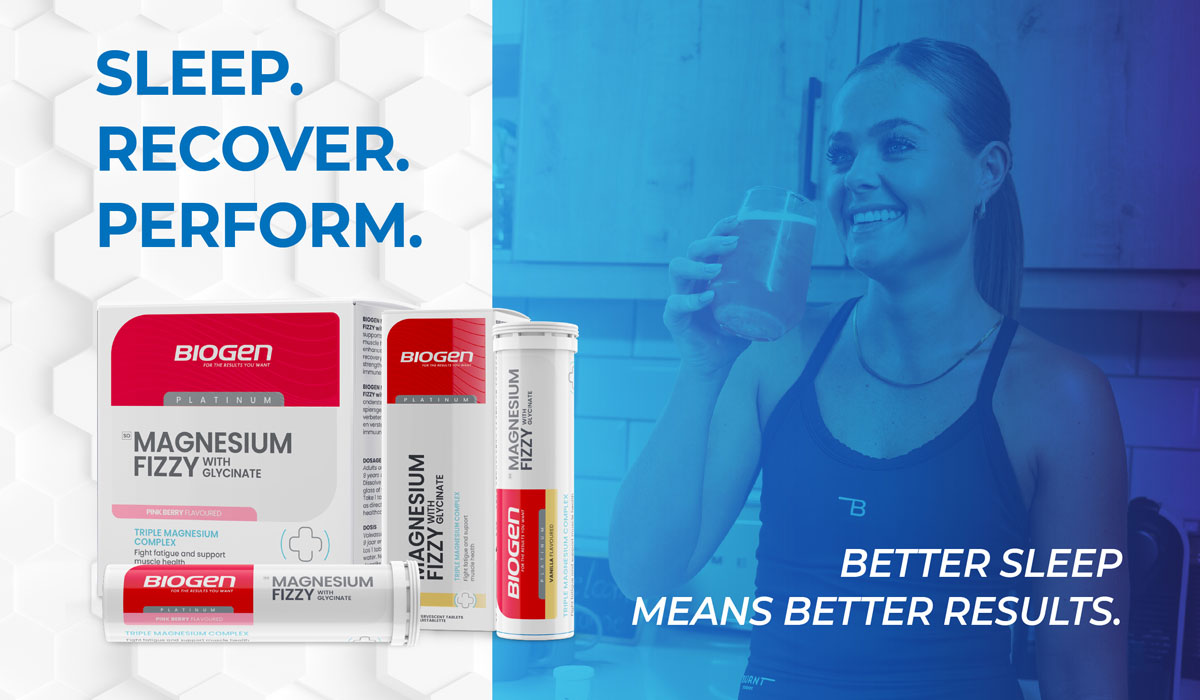
Why sleep for better recovery is essential for athletic performance, adaptation and progress
Every serious athlete knows that your biggest gains aren’t made during training – it happens between sessions when you rest and recover. At the heart of this process is one of the most powerful performance enhancers there is: sleep.
Sleep is when your body gets down to the business of rebuilding, recharging, and preparing to perform again; it’s when the real magic happens.
While you’re in slumberland, your body is hard at work repairing muscle tissue, balancing hormones, and consolidating the physical and neurological adaptations from your last workout.
How Sleep Affects Recovery
When you drift into deep sleep, your body enters an anabolic (growth) state. Growth hormone — over 70% of it, in fact — is released during the first few hours of the night, triggering muscle repair and regeneration¹. Testosterone levels also rise, helping your body repair damaged tissue.
As you’re curled up under the covers, blood flow shifts from your organs to your muscles, delivering nutrients and oxygen where they’re needed most. This is when your body repairs the micro-tears caused by training — the foundation of muscle growth and the adaptations to training that make you stronger and faster.
Your central nervous system also resets, which is vital because neural fatigue can limit strength, coordination, and even motivation if left unchecked.
Some research-backed health benefits associated with sufficient quality sleep include:
- Better immune system function²
- Improved physical performance³
- Better mental health and function⁴
- Lowered risk of lifestyle disease, including hypertension, cardiovascular disease, obesity and type-2 diabetes⁵
- Improves stress resilience⁶
The Science of Sleep
Sleep isn’t one long, uniform process; it cycles through several stages:
Throughout the night, you’ll cycle through these stages several times, which is why getting 7–9 hours of uninterrupted sleep is so crucial. You can’t “catch up” later; your body needs consistent, high-quality rest to perform optimally.
Sleep Deprivation
Cutting corners on sleep doesn’t just make you tired; it also affects nearly every aspect of your physiology, holding back your gains and chipping away at your ability to perform at subsequent training sessions.
Even a seemingly minor sleep shortfall – as little as 1.5-2 hours of sleep per night over several days⁷ – can lead to measurable cognitive and physical performance deficits.
When you deprive your body of adequate sleep, it triggers a cascade of hormonally driven consequences:
- Cortisol (the stress hormone) spikes, breaking down muscle tissue and slowing recovery.
- Insulin sensitivity drops, meaning your body struggles to shuttle glucose into muscle cells for energy and repair.
- Leptin levels decrease, which can increase hunger and cravings.
- Chronic fatigue reduces training intensity and focus.
In short, chronic sleep deprivation can undo all the effort you’re putting into your training and nutrition.
Tips for Restorative Sleep
Thankfully, becoming a super sleeper isn’t complicated, but it does require intentional action. These evidence-backed tips can help to improve sleep quality:
- Stick to a routine: Go to bed and wake up at the same time every day, even on weekends. Consistency helps stabilise your body’s circadian rhythm.
- Establish a bedtime ritual: Spend 30–60 minutes before bed doing calming activities, like reading a book (no blue light from screens), listening to soothing music or a podcast, or taking a warm bath.
- Create a sleep-friendly space: Keep your bedroom cool, dark, and quiet. Even small amounts of light can suppress melatonin production, the hormone that tells your body it’s time to sleep.
- Avoid late-night stimulants: Limit caffeine and pre-workouts after midday. These can stay in your system for hours and delay sleep onset.
- Eat smart before bed: Avoid large, heavy meals late at night. A light, protein-rich snack can help reduce overnight muscle breakdown without disrupting sleep.
- Manage stress: Wind down before bed — try stretching, meditation, or deep breathing instead of scrolling on your phone.
What you do during the day also affects your ability to fall asleep quickly and drop into deep, restorative sleep at night. Getting some direct sunlight exposure is important, especially in the morning. This helps regulate your circadian rhythm, reinforcing the distinction between day and night.
Regular physical activity can also improve sleep quality and help you fall asleep faster. However, avoid vigorous exercise within 1–2 hours of bedtime, as it can raise your core body temperature and energy levels.
Sleep Support Supplements
If you’re struggling to fall or stay asleep, magnesium might be your missing link. This essential mineral can improve sleep quality⁸ by promoting relaxation and regulating melatonin production⁹.
It also promotes relaxation by calming the nervous system10 and regulating neurotransmitters like GABA¹¹, which helps quiet the mind and prepare the body for rest.
Magnesium also helps balance melatonin production and reduces muscle cramps and twitching that can disrupt deep sleep.
Foods rich in magnesium, like leafy greens, nuts, seeds, and dark chocolate, are a great place to start. But when training intensely, supplementation can provide an extra boost.
Supplementing with a magnesium supplement like Biogen Magnesium Glycinate, a highly absorbable form of magnesium, may improve sleep quality, especially for athletes who lose significant amounts through sweat.
It is also available in powder form in Biogen Magnisol Sleep, which combines magnesium glycinate with Inositol powder to support relaxation, cognitive function and overall well-being.
Common Questions About Sleep and Recovery
SUPPORT BETTER RECOVERY WITH THESE SLEEP ESSENTIALS
REFERENCES:
- Ajikah, Linus & Neumann, Frank & Berman, Dilys & Peter, Jonny. (2020). Aerobiology in South Africa: A new hope!. South African Journal of Science. 116. 10.17159/sajs.2020/8112.
- Schreurs, W., Schermer, T.R.J., Akkermans, R.P. et al. 25-year retrospective longitudinal study on seasonal allergic rhinitis associations with air temperature in general practice. npj Prim. Care Respir. Med. 32, 54 (2022). https://doi.org/10.1038/s41533-022-00319-2.
- Carr AC, Maggini S. Vitamin C and Immune Function. Nutrients. 2017 Nov 3;9(11):1211. doi: 10.3390/nu9111211. PMID: 29099763; PMCID: PMC5707683.
- Martens PJ, Gysemans C, Verstuyf A, Mathieu AC. Vitamin D’s Effect on Immune Function. Nutrients. 2020 Apr 28;12(5):1248. doi: 10.3390/nu12051248. PMID: 32353972; PMCID: PMC7281985.
- Maares M, Haase H. Zinc and immunity: An essential interrelation. Arch Biochem Biophys. 2016 Dec 1;611:58-65. doi: 10.1016/j.abb.2016.03.022. Epub 2016 Mar 26. PMID: 27021581.
- Vora A, Kalra S, Thakor P, Malve H, Chamle V, Patil A. Connecting the Dots: Hydration, Micronutrients, and Immunity. J Assoc Physicians India. 2024 Jun;72(6S):25-29. doi: 10.59556/japi.72.0546. PMID: 38932732.
- Anderson WH, Coakley RD, Button B, Henderson AG, Zeman KL, Alexis NE, Peden DB, Lazarowski ER, Davis CW, Bailey S, Fuller F, Almond M, Qaqish B, Bordonali E, Rubinstein M, Bennett WD, Kesimer M, Boucher RC. The Relationship of Mucus Concentration (Hydration) to Mucus Osmotic Pressure and Transport in Chronic Bronchitis. Am J Respir Crit Care Med. 2015 Jul 15;192(2):182-90. doi: 10.1164/rccm.201412-2230OC. PMID: 25909230; PMCID: PMC4532825.


